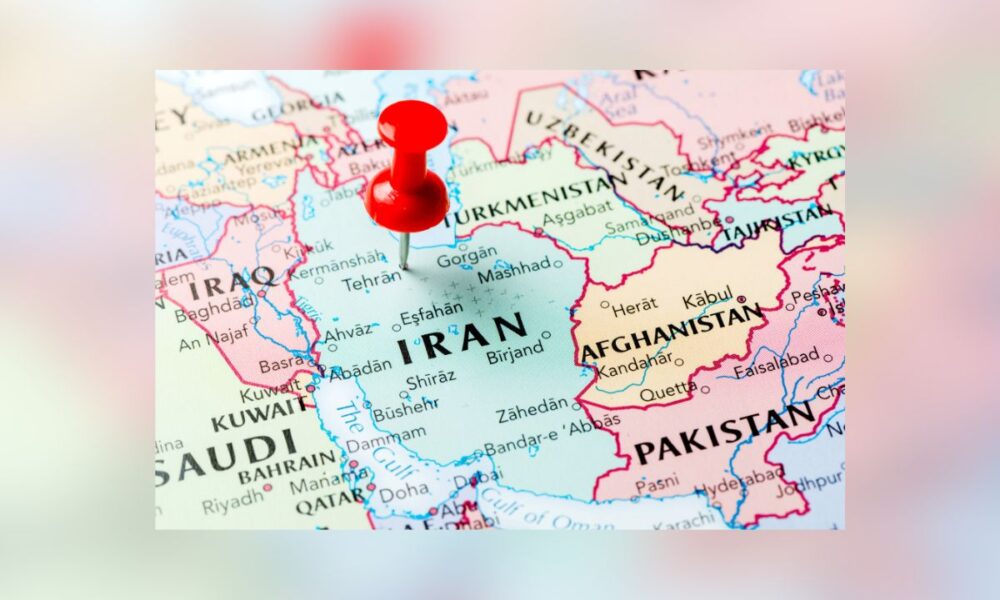Iran will not abandon its nuclear enrichment program despite severe damage to its facilities from recent U.S. and Israeli strikes, Foreign Minister Abbas Araghchi said in an exclusive Fox News interview.
“We cannot give up enrichment because it is an achievement of our own scientists. And now, more than that, it is a question of national pride,” Araghchi said, per Fox News. “Our enrichment is so dear to us.”
He confirmed the U.S. and Israeli strikes last month caused significant damage, telling Fox News, “Our facilities have been damaged – seriously damaged. The extent of which is now under evaluation by our atomic energy organization.”
The strikes, part of a 12-day war following Israel’s attack on Iran on June 13, halted Tehran’s enrichment capabilities for now.
Araghchi noted, “It is stopped because, yes, damages are serious and severe.”
Israeli defense sources have stated the strikes were necessary to delay what they see as Iran’s accelerating path toward weapons-grade enrichment.
Iran’s atomic energy organization is assessing the full extent of the damage.
Despite U.S. efforts to curb Iran’s enrichment to prevent nuclear weapon development, Tehran insists its program is for civilian purposes.
Supreme Leader Ayatollah Ali Khamenei echoed this sentiment in June, saying, “The number of countries in the world that have achieved a complete nuclear fuel cycle is perhaps fewer than the number of fingers on a person’s two hands. … We’re capable of producing nuclear fuel starting from the mine and all the way to the power plant.”
Security experts had warned before the strikes that Iran was close to producing a nuclear weapon, potentially within days. However, Iran’s nuclear energy use constitutes less than 1% of its total energy consumption. The U.S. has proposed that Iran join a consortium with nations like the UAE and Saudi Arabia for civilian nuclear fuel needs, a suggestion Tehran has rejected.
Iran, a signatory to the Nuclear Non-Proliferation Treaty, maintains it has no weapons program, and the U.N. nuclear watchdog reports “no credible indication” of one, Reuters reported. Israel, which is not a treaty member and is believed to possess nuclear weapons, cited preventing Iran’s nuclear weapon development as the reason for its strikes.
Israeli officials have long maintained that a nuclear-armed Iran would pose an existential threat to the Jewish state and destabilize the broader Middle East.
Five rounds of nuclear talks between Washington and Tehran, mediated by Oman, failed to agree on enrichment limits before the conflict. Iran faces increased international sanctions and arms restrictions if no nuclear agreement is reached by the end of August, though it’s unclear if this requires U.S. or only European (France, Germany, U.K.) involvement. Tehran is scheduled to meet with Russia, China, and the E3 this week.


